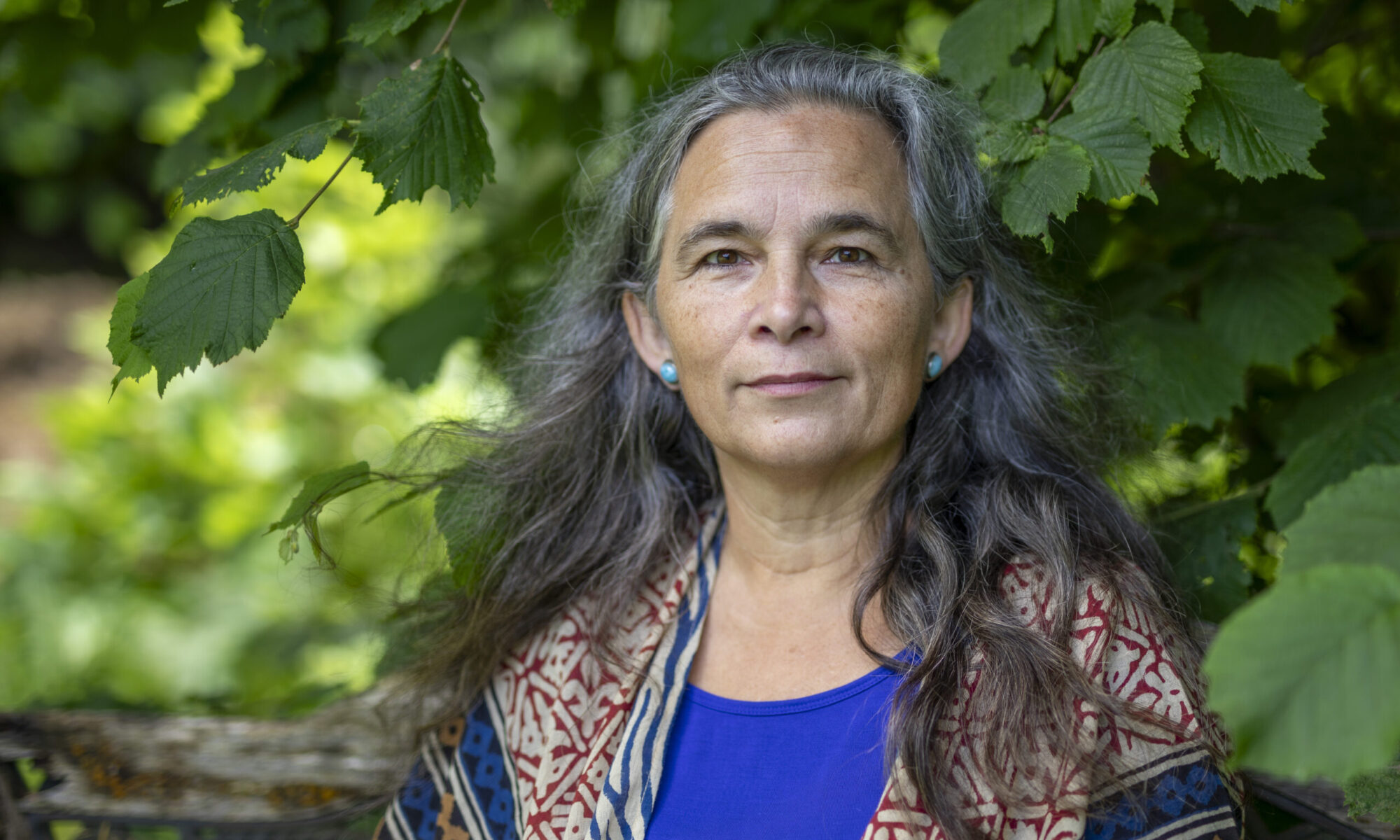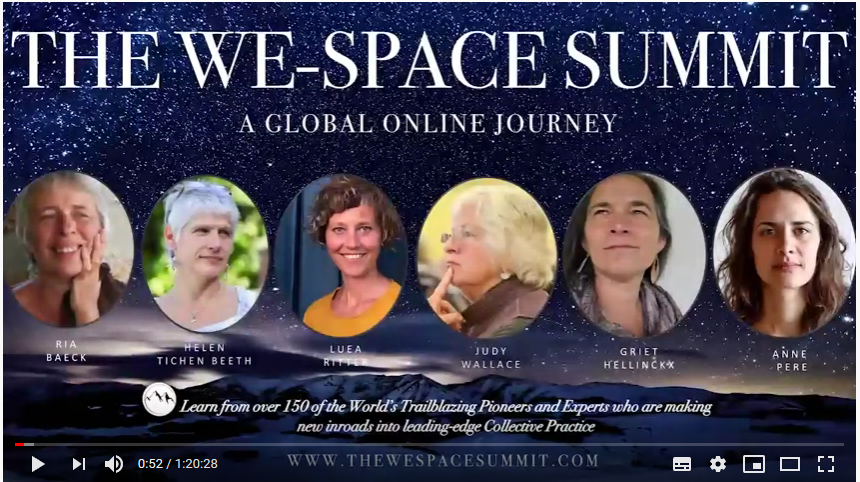Die Bedeutung spiritueller Praxis für Resilienz - von individuell bis global
Ein Thema, das mir besonders am Herzen liegt, ist die Bedeutung spiritueller Praxis für Resilienz. Während ich an meinem Buch arbeite, das sich intensiv mit diesem Thema auseinandersetzt, möchte ich einige Gedanken und Erkenntnisse mit euch teilen. Mein Buch untersucht, wie religiöse und spirituelle Praktiken nicht nur die individuelle Resilienz fördern, sondern auch Teams, Organisationen, Gesellschaften und sogar die globale Gemeinschaft in ihrer Widerstandsfähigkeit stärken können. Heute möchte ich mich jedoch auf den Aspekt der individuellen Resilienz konzentrieren.
In unserer schnelllebigen und oft stressigen Welt ist Resilienz – die Fähigkeit, mit Herausforderungen und Rückschlägen umzugehen – wichtiger denn je. Eine der kraftvollsten Ressourcen, die uns dabei unterstützen kann, ist die spirituelle Praxis. Durch meine Recherchen und langjährige persönliche Erfahrung habe ich festgestellt, dass spirituelle Praktiken wie Meditation, Achtsamkeit und Gebet nicht nur unser Wohlbefinden und die innere Ruhe fördern, sondern auch unsere innere Stärke und Widerstandskraft erheblich steigern können. Ich bin erstaunt, wie viele wissenschaftliche Studien inzwischen die positiven Effekte dieser Praktiken belegen.
Religiöse und spirituelle Traditionen haben seit Jahrtausenden Wege aufgezeigt, wie wir unsere Gedanken beobachten, kontrollieren und transformieren können, um innere Gelassenheit zu entwickeln. Diese Praktiken bieten wertvolle Werkzeuge, um negative Denkmuster zu erkennen und durch positive, konstruktive Gedanken zu ersetzen. So können wir nicht nur unseren Alltag besser bewältigen, sondern auch in Krisenzeiten stabil und zentriert bleiben.
In der heutigen Zeit gibt es eine Vielzahl spiritueller Ansätze, die uns dabei unterstützen können, unsere Resilienz zu stärken. Moderne Lehrer:innen und Mentor:innen haben traditionelle Weisheitslehren mit zeitgenössischen Erkenntnissen verbunden, um praktische Methoden zur Förderung innerer Stärke zu entwickeln. Ken Wilber beispielsweise hat mit seiner integralen Theorie einen ganzheitlichen Ansatz geschaffen, der verschiedene Aspekte menschlicher Entwicklung einbezieht. Byron Katie's "The Work" bietet eine kraftvolle Methode zur Überprüfung stressvoller Gedanken, während Thich Nhat Hanhs Lehren zur Achtsamkeit uns helfen, im gegenwärtigen Moment verankert zu bleiben. Diese und viele andere Ansätze zeigen, wie vielfältig die Möglichkeiten sind, spirituelle Praktiken in unser Leben zu integrieren und dadurch unsere Widerstandsfähigkeit zu erhöhen.
Während ich an meinem Buch arbeite, habe ich auch ein 8-monatiges Gruppencoaching-Programm „Präsent & Gestärkt“ entwickelt, das im September startet. Dieses Programm ist darauf ausgelegt, die Teilnehmenden in ihrer spirituellen Praxis zu unterstützen, anhand von kleinen Alltagsübungen ihre Resilienz zu stärken und die innere Zufriedenheit wachsen zu lassen. Das Angebot ist darauf ausgelegt, auf die individuellen Bedürfnisse und Entwicklungsstände der Teilnehmenden einzugehen. Meine Erfahrung im Bereich spiritueller Begleitung und persönlicher Entwicklung garantieren eine fundierte und effektive Unterstützung. Zudem bietet die kleine Teilnehmerzahl eine unterstützende Gemeinschaft, die tiefere und persönlichere Interaktionen ermöglicht.
In der heutigen Zeit, die von globalen Herausforderungen, rasantem Wandel und zunehmender Unsicherheit geprägt ist, wird es immer wichtiger, unsere Resilienz auf allen Ebenen zu stärken - individuell, in Organisationen und in der Gesellschaft als Ganzes. Spirituelle Praktiken bieten uns wertvolle Werkzeuge, um diese Widerstandsfähigkeit zu entwickeln und zu pflegen. Ich freue mich auf eure Gedanken und Rückmeldungen zu diesem Thema und hoffe, dass wir Wege finden, unsere Resilienz zu stärken und ein erfülltes Leben zu führen - nicht nur für uns selbst, sondern auch zum Wohle unserer Gemeinschaften und der Welt, in der wir leben.



